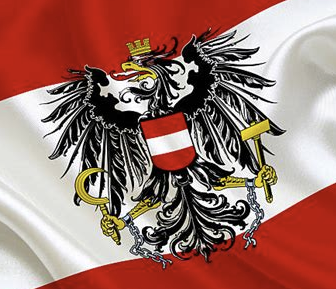

“Beide Seiten sind (Bzw Krieg ist) scheiße” ist meiner Meinung nach nur ein Phänomen davon, dass die Linke versucht sowohl für “Tankies” als auch “Liberals” attraktiv zu bleiben. Aber da sich “Tankies” sowieso mehr vom BSW angesprochen fühlen bringt dieser Kompromiss nicht wirklich viel. Daher sollte sie versuchen sich mehr pro Westen (muss ja nicht gleich pro US sein) zu positionieren da sie dann Wähler*Innen von SPD und den Grünen für sich gewinnen könnte.


















hellhounds